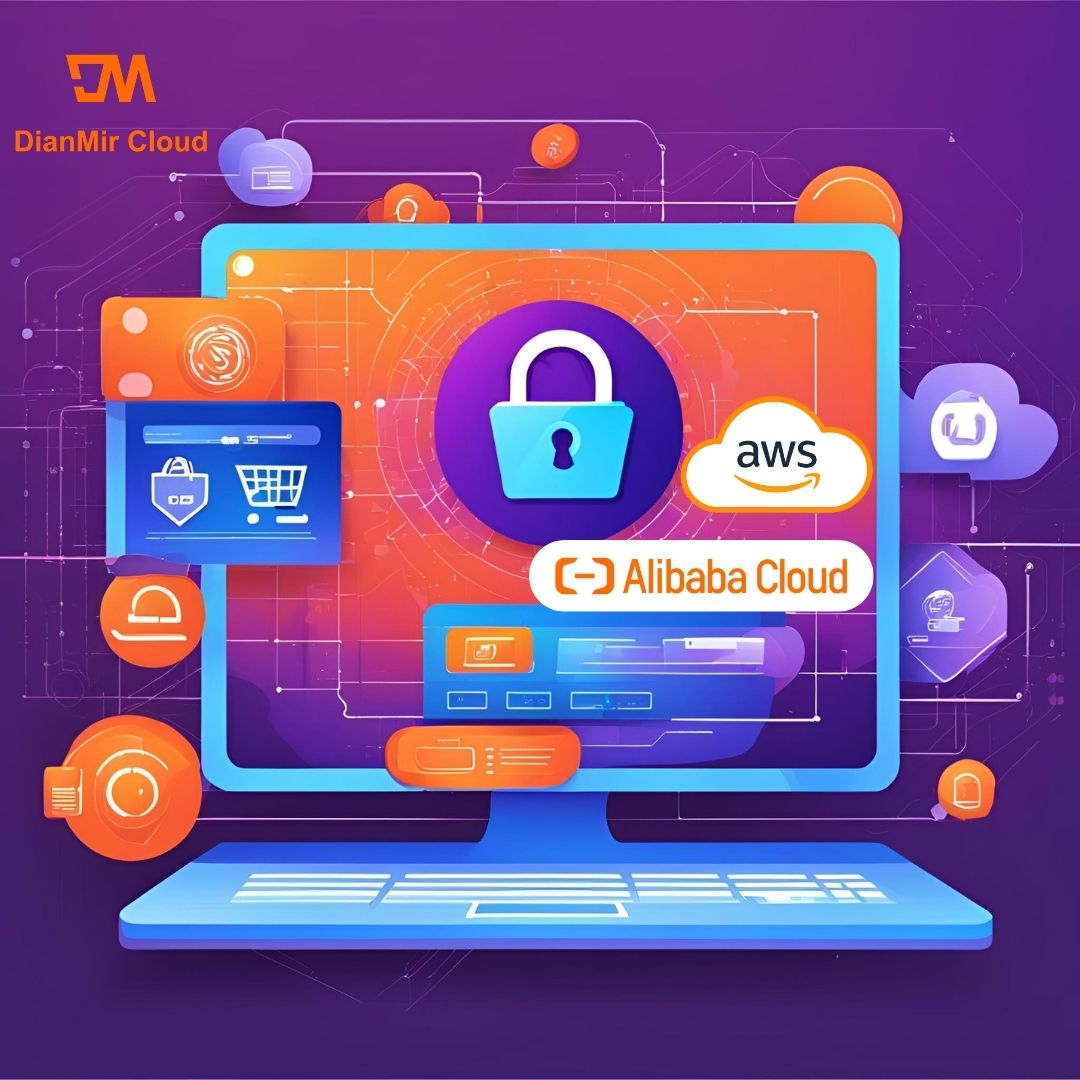When procuring AWS cloud services, businesses often face a critical decision: purchasing directly from AWS or through an authorized reseller. This guide analyzes AWS discount structures and reseller value propositions, providing actionable insights for organizations at different maturity stages.
1. AWS Direct Discount Thresholds: Key Barriers for SMBs
AWS offers three primary discount mechanisms for direct customers, all requiring significant commitments:
a) Commitment Discounts (CUDs)
Minimum 1-3 year term commitments (typically starting at $500k/year)Tiered discounts up to 20%
b) Enterprise Agreements (EAs)
Available for clients with >$1M annual spendCustom pricing frameworks
c) Reserved Instances (RIs)
Requires 1-3 year upfront paymentsDiscounts scale with prepayment duration
Key Insight: Organizations with <$300k annual cloud spend or inability to commit to long-term contracts generally qualify for no direct AWS discounts.
2. Reseller Advantages for Non-Qualifying Businesses
For enterprises failing to meet AWS’s direct discount thresholds, authorized resellers deliver unique value:
a) Volume-Aggregated Pricing
Leverage collective buying power for bulk discountsIndustry analysis shows SaaS startups with annual AWS spending below $300k typically achieve 12-15% equivalent savings through authorized resellers, compared to receiving no discounts in direct procurement. For example, Pantheon reduced cloud costs by 12% via reseller-negotiated pricing.
- Gartner "Competitive Landscape: AWS Reseller Programs" 2023
- Flexera 2023 State of the Cloud Report
b) Flexible Financial Models
Monthly billing without upfront commitmentsHybrid payment options (mix of on-demand + reserved instances)
c) Managed FinOps Services
Free architecture reviews & cost-optimization roadmapsCross-account monitoring with spending alerts
Secondary market access for RI transfers
d) Risk Mitigation
Elastic billing adjustments for usage fluctuationsPrice protection throughout contract terms
3. When to Choose a Reseller: Ideal Use Cases
Prioritize reseller partnerships if your organization:
Has annual AWS spend <$500kExperiences >20% seasonal usage variability
Lacks in-house FinOps expertise
Operates multi-cloud/hybrid environments
4. Decision Matrix: Direct vs. Reseller Procurement
Evaluation Criteria
AWS Direct Advantage
DianMir Cloud Advantage
Annual Cloud Spend
>$800k
<$500k
Usage Predictability
>90% stable
>20% volatility
Financial Commitment
Can commit to 3-year terms
Prefer month-to-month
Technical Capabilities
Dedicated FinOps team
Dual-layer technical assurance
5. Implementation Framework
Follow this 4-step evaluation process:
Baseline Analysis: Calculate 12-month trailing spend and volatilityGap Assessment: Compare against AWS direct discount thresholds
TCO Modeling: Simulate 3-year costs for direct vs. reseller scenarios
Partner Vetting: Verify reseller technical competencies via:
- AWS Partner Network (APN) tier status
- FinOps Foundation membership
- Customer reference checks
Conclusion: The Reseller Advantage for SMBs
Gartner’s 2023 Cloud Procurement Study reveals that 83% of mid-market businesses achieve 14-23% cost reductions by partnering with AWS resellers when ineligible for direct discounts. For organizations below AWS’s discount thresholds, authorized resellers provide not just pricing benefits but critical financial risk management and technical support – often at zero additional cost.
Recommendation: Conduct a reseller feasibility analysis if your organization:
Fails to meet AWS’s $300k+ annual commitment thresholdRequires flexible payment terms
Needs expert guidance to optimize cloud ROI



